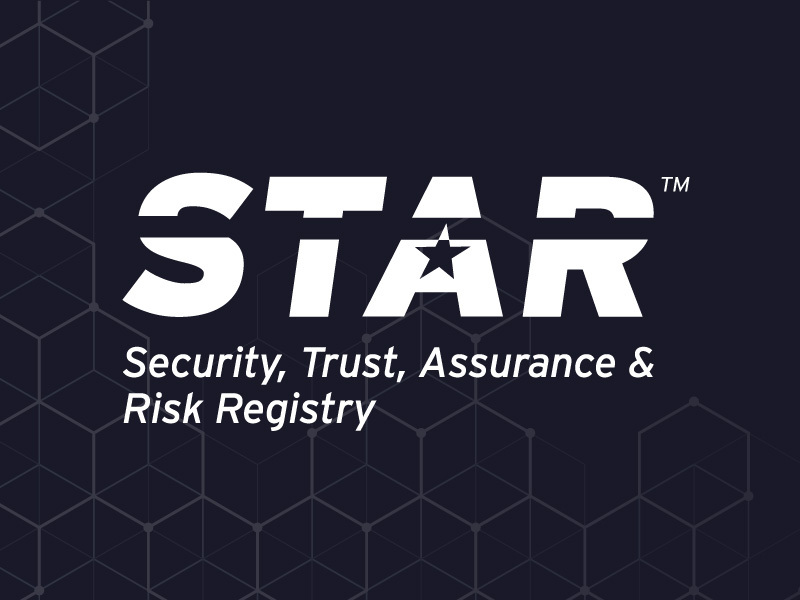How SOC 2 Is Changing the Face of Compliance in the Caribbean: Part One
Published 04/26/2022
 Written by Cloud Carib
Written by Cloud Carib
For small island developing nations across the Caribbean and Latin American region, 2020 will, among other things, be remembered as a major catalyst for the acceleration of digital transformation. The onset of the global pandemic exposed major cracks in the infrastructure mechanisms governing major sectors like healthcare, education, and the economy by presenting new opportunities for cybercriminals to exploit those deficiencies. As the regional threats have become more complex, the implementation of new security requirements and the adoption of global compliance standards has become an even more critical exercise for organizations across the region. The accelerated modernization has been important not only to address threats of cybercrime but to keep up with and compete with other, more technically mature jurisdictions as well.
The growing demand for Software as a Service (SaaS) offerings has increased and with it, the demand for regional providers to be even more vigilant about how client and company data is stored, particularly for information residing in the cloud. The increase in compliance requirements is due in part to the rising number of data breaches and hacking incidents. In response, regional lawmakers have adopted stronger rules regarding data protection and strengthened legislative amendments related to sovereign data protection. Now, more than ever, regional managed service providers (MSPs) and cloud providers are proving that they need equal or better control and oversight of data security procedures that are demanded by the most progressive, highly secure, and regulated organizations worldwide.
That’s where Service Organization Control 2 (SOC 2) comes into play. These third-party assurance reports help service organizations build confidence in their service delivery processes and controls. Of the available certifications the SOC 2 compliance status has continued to be an industry benchmark that has bolstered global recognition and trust among industry stakeholders.
Implications for Clients & the Region
In three words: Peace of mind. For clients, partners, suppliers, and regulators, this means access to detailed reports which outline how a Managed Service Provider manages the data lifecycle. Meaning you can rest easy knowing that your data is safe and secure. Because clients tend to be concerned that companies in the Caribbean are unable to meet world-class standards of compliance, it is imperative that more companies make this certification a priority.
There are wider implications for the region as well. In a word, maturity. In a 2020 IDB report titled, Cybersecurity Risks, Progress, and the way forward in Latin America & The Caribbean, researchers detailed aspects of the Cybersecurity Capacity Maturity Model for Nations (CMM), designed to provide an assessment of the maturity level of a country’s cybersecurity capabilities, assigning a specific stage which corresponds to their degree of cybersecurity attainment.
The assessment of the maturity levels is divided into five dimensions that correspond to essential and specific aspects of cybersecurity: (i) Cybersecurity Policy and Strategy; (ii) Cyberculture and Society; (iii) Education, Training, and Skills; (iv) Legal and Regulatory Frameworks; and most importantly (v) Adherence to Standards, Organizations, and Technologies which gauged country maturity on the basis of its adherence to international standards on ICT security standards, procurement and software development between 2016 and 2020.
Over the period, Caribbean countries like Antigua & Barbuda, The Bahamas, St. Lucia, and St. Vincent and the Grenadines showed a minimum single level improvement in ICT security adherence while countries like Jamaica, Grenada and Guyana all showed double level improvements in that area. When coupled with overall improvements recorded around cybersecurity policy and legal frame the region continues to position itself for unprecedented growth and maturity.
This maturity will not be achieved in isolation. Cloud Carib Compliance Manager Deno Cartwright predicts greater stakeholder partnerships as regional bodies move toward higher levels of compliance. “Partnership among stakeholders is proving to be a critical element in improving the compliance function of companies in the region. Compliance is everyone’s job – it would take all internal and external members’ input and adherence to policies and procedures in order to build a strong compliance program,” says Cartwright.
SOC 2 compliance is a must for organizations looking to build trust with clients and partners, however, the path to compliance can present its own batch of challenges, particularly for small companies in the Caribbean. In part two of our series on the changing face of Caribbean compliance, we discuss the road to compliance and how companies in the region can navigate the process effectively.
Unlock Cloud Security Insights
Subscribe to our newsletter for the latest expert trends and updates
Related Articles:
How CSA STAR Helps Cloud-First Organizations Tackle Modern Identity Security Risks
Published: 02/13/2026
The Great Divide: How AI Is Splitting the Cybersecurity Landscape
Published: 02/12/2026
Global Privacy Trends and Best Practices for Compliance in 2026
Published: 02/04/2026
The Agentic Trust Framework: Zero Trust Governance for AI Agents
Published: 02/02/2026





.jpeg)
.jpeg)